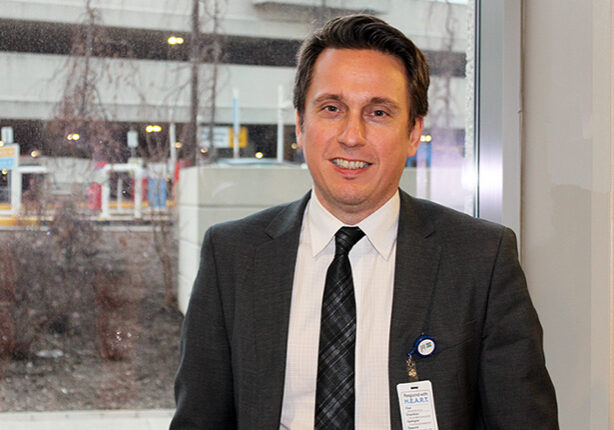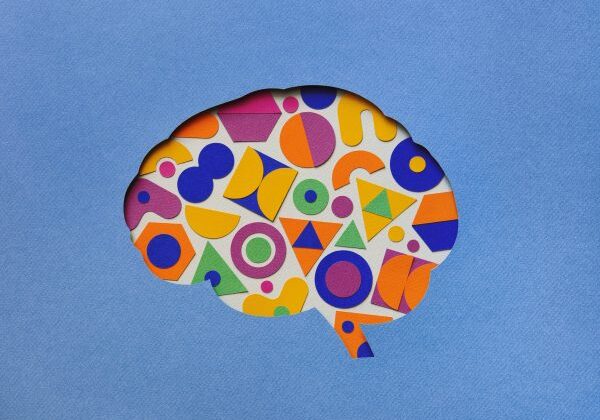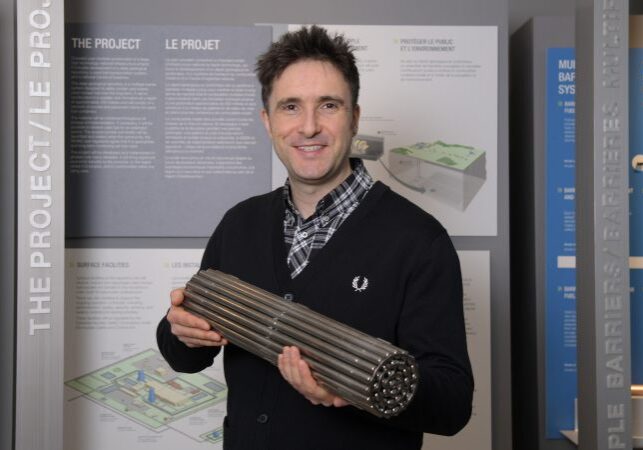
How U of T Engineering researchers are helping to design the future of nuclear waste management
Professor Kamran Behdinan (MIE) and his team of researchers are using multidisciplinary design optimization, an approach traditionally used in the aerospace and aviation industry
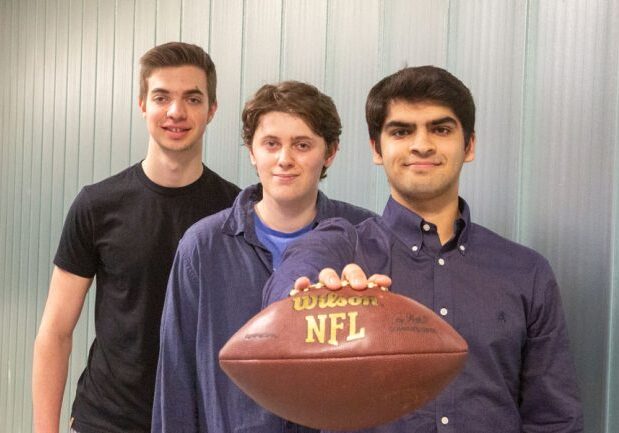
U of T students land in finals of the NFL’s Big Data Bowl with improved model of ‘pocket pressure’
Statistical model created by undergraduates enables players and coaches to analyze the pressure on — and longevity of — the pocket of space around the quarterback
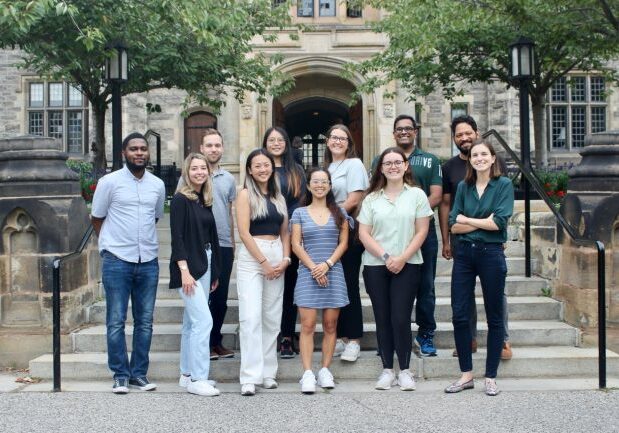
Helping engineers work smarter: Connaught New Researcher awards support innovation in computer-aided design tools and training
Professor Alison Olechowski (MIE, ISTEP) and her team of researchers are working on improving computer-aided design work, learning and collaboration
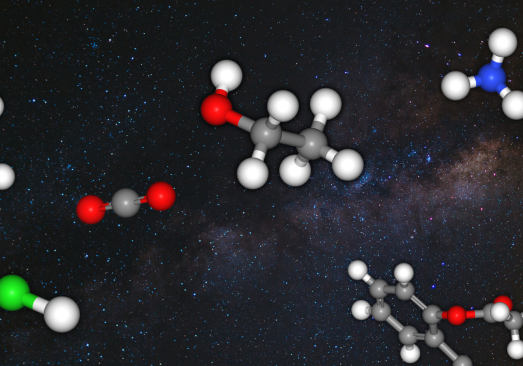
Exploring ‘chemical space’ with Professor Anatole von Lilienfeld
Lilienfeld (Chemistry, MSE) is using artificial intelligence to discover the potential of undiscovered chemical combinations
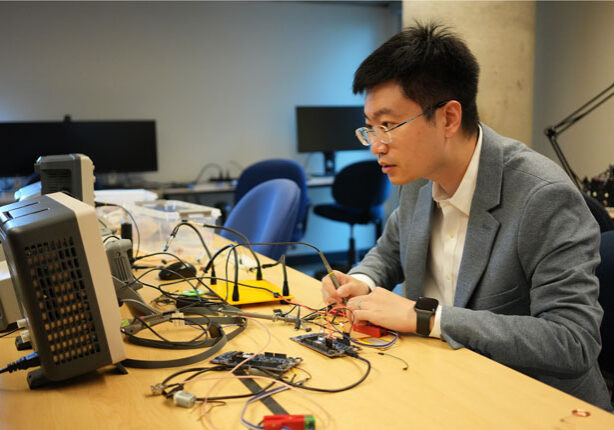
How this U of T Engineering professor is advancing neural implants that fight brain disorders
Professor Xilin Liu (ECE) integrates microelectronics and artificial intelligence algorithms into neural implants to more effectively manage symptoms of Parkinson’s, epilepsy and other conditions
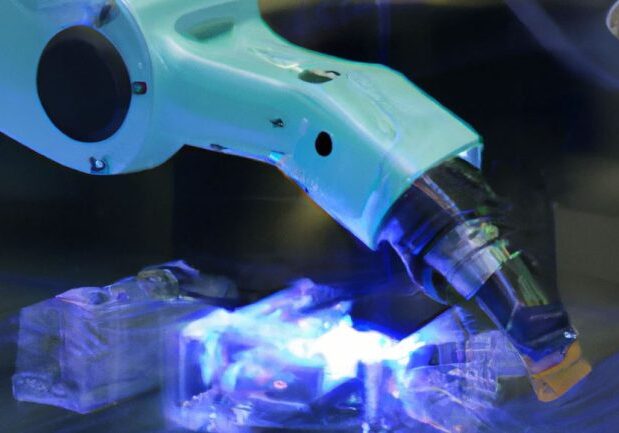
New ‘Sputtertron’ could help develop advanced materials for greener economy
A new materials-acceleration platform is one of four U of T Engineering projects funded in the latest round of the Canada Foundation for Innovation’s John R. Evans Leaders Fund

